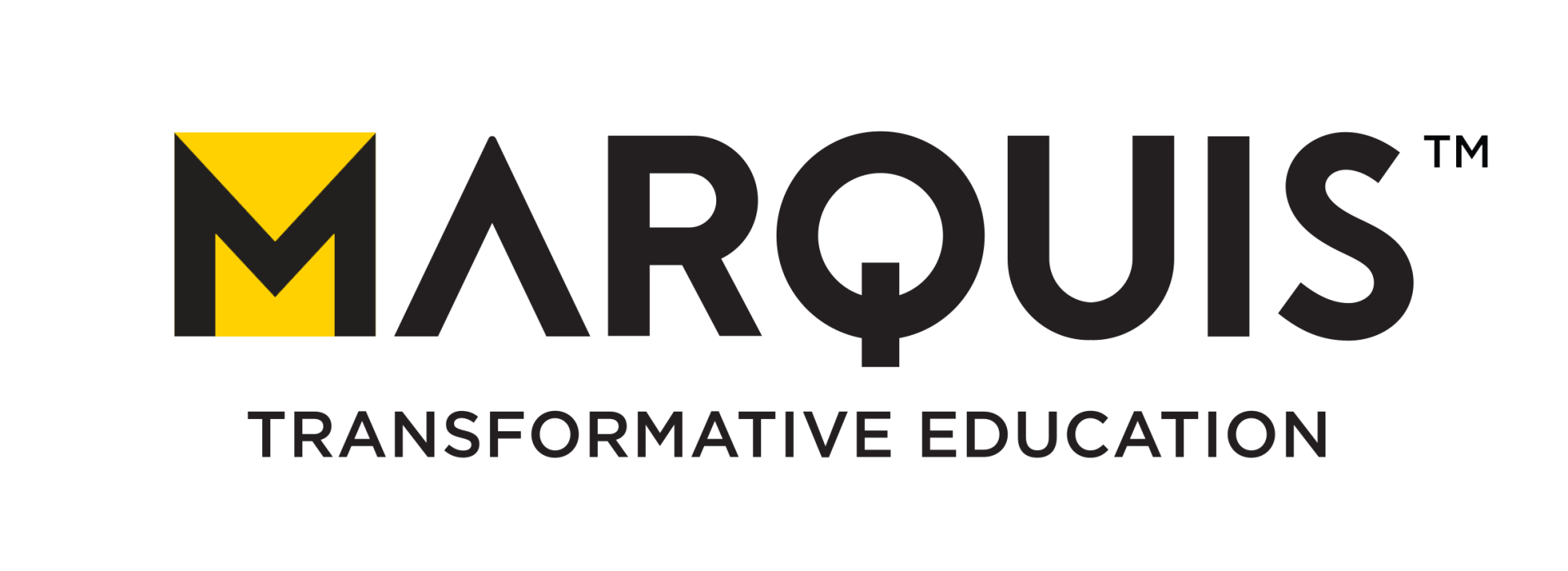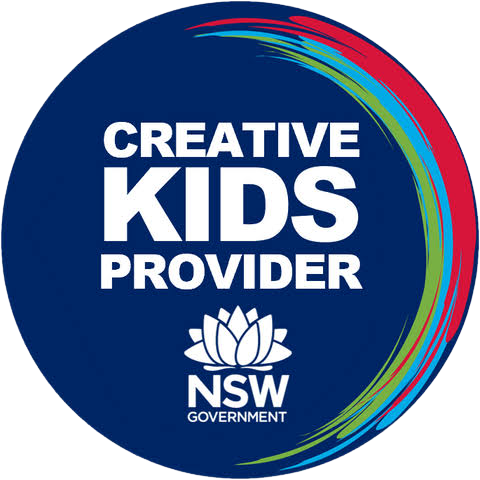Welcome to the Marquis Education Blog
Selective Schools Entrance Exam NSW: Our Insider Tips & Tricks

Entering a selective school in New South Wales (NSW) is a coveted opportunity for students seeking a challenging and enriching education. Students in high school also have the opportunity to do the selective school exam up until year 10. The selective schools entrance exam is a gateway to these institutions, offering a chance to learn among motivated peers and access specialised programs. At Marquis Education, we recognize the importance of excelling in this exam, and in this comprehensive blog post, we'll provide you with insider tips and tricks to help you navigate the selective schools entrance exam with confidence. From effective study strategies to time management techniques, let's delve into the details that will set you on the path to success.
Understanding the Selective Schools Entrance Exam: A Comprehensive Overview
The selective schools entrance exam assesses students' academic abilities and potential to thrive in a challenging learning environment.
Insight: Preparation, strategy, and a solid understanding of the exam structure are key to performing well.
Tips:
- Familiarise yourself with the exam format, which typically includes components for mathematics, reading comprehension, and written expression.
- Understand the weighting of each section and the overall scoring system to allocate your study time effectively.
1. Effective Study Strategies: Mastering the Content
Solid preparation is the foundation for success in any exam. Effective study strategies help you grasp concepts and retain information.
Insight: Regular, focused study sessions yield better results than last-minute cramming.
Tips:
- Create a study schedule that allocates time for each subject and breaks to prevent burnout.
- Review the syllabus thoroughly and use resources like textbooks, online tutorials, and practice papers to reinforce your understanding.
2. Time Management Techniques: Navigating the Clock
Managing time during the exam is crucial. Practising time management techniques will help you tackle all sections without rushing.
Insight: Time constraints can lead to unnecessary stress and errors if not managed effectively.
Tips:
- Simulate exam conditions during practice sessions to build familiarity with time limitations.
- Break down each section's time allocation and set milestones to keep yourself on track during the actual exam.
3. Developing Problem-Solving Skills: Acing Mathematics
The mathematics component of the exam assesses your problem-solving abilities and mathematical reasoning.
Insight: A solid foundation in mathematics combined with critical thinking skills is essential.
Tips:
- Master essential mathematical concepts from your current grade level and review previous concepts if necessary.
- Practice solving a variety of mathematical problems, ranging from basic to complex, to enhance your problem-solving skills.
4. Reading Comprehension: Extracting Key Information
The reading comprehension section evaluates your ability to comprehend and analyse written information.
Insight: Effective reading strategies are crucial for extracting key details and understanding the passage's main ideas.
Tips:
- Practise active reading techniques, such as underlining important points and summarising each paragraph.
- Familiarise yourself with a wide range of text types and styles to feel comfortable with diverse reading materials.
5. Mastering Written Expression: Articulating Your Ideas
The written expression component tests your ability to communicate your thoughts clearly and effectively.
Insight: Structured writing and articulating ideas coherently are key to excelling in this section.
Tips:
- Practice constructing well-organised essays with a clear introduction, body paragraphs, and a conclusion.
- Focus on grammar, spelling, and sentence structure to enhance the readability of your writing.
6. Mock Exams and Practice Papers: Building Confidence
Mock exams and practice papers are invaluable tools for familiarising yourself with the exam format and improving your performance.
Insight: Regular practice helps alleviate test anxiety and enhances your overall preparedness.
Tips:
- Allocate specific days for taking full-length mock exams to simulate real test conditions.
- Analyse your performance on practice papers to identify weak areas and refine your study plan accordingly.
7. Effective Revision Techniques: Reinforcing Your Learning
Revision is essential for consolidating your understanding and refining your knowledge before the exam.
Insight: Revisiting concepts and practicing consistently boosts your confidence and retention.
Tips:
- Summarise key points and create flashcards for quick revision of formulas, concepts, and vocabulary.
- Review your practice papers and identify recurring patterns of mistakes to address them in your revision.
8. Stress Management Strategies: Staying Calm Under Pressure
Test anxiety is common, but learning to manage stress helps maintain focus and clarity during the exam.
Insight: A calm mind enhances your cognitive performance and decision-making abilities.
Tips:
- Incorporate relaxation techniques, such as deep breathing and mindfulness, into your daily routine.
- Visualise yourself confidently approaching the exam and performing well to boost your self-assurance.
9. Seeking Guidance: Leveraging Support
Leveraging guidance from teachers, mentors, and peers can provide you with valuable insights and strategies.
Insight: Seeking advice and learning from others' experiences can enhance your preparation.
Tips:
- Consult your teachers for clarification on challenging concepts and effective study techniques.
- Join study groups or online forums where you can discuss questions, share strategies, and learn from fellow aspirants.
10. Maintaining a Balanced Routine: Health and Well-Being
While exam preparation is important, maintaining a balanced routine that includes rest, exercise, and relaxation is crucial.
Insight: Physical and mental well-being directly impact your cognitive performance.
Tips:
- Prioritise sleep and maintain a consistent sleep schedule to ensure optimal brain function.
- Engage in regular physical activity and practise relaxation techniques to reduce stress and improve focus.
Entering a selective school in NSW is a rewarding opportunity that requires focused preparation and a strategic approach to the entrance exam. At Marquis Education, we believe that by following these insider tips and tricks, you can enhance your performance and increase your chances of success. From mastering content to managing time and maintaining a healthy balance, each aspect contributes to your overall readiness. Remember that the journey towards success is not just about the destination but the growth, learning, and self-discovery along the way. With dedication, determination, and a well-rounded approach to preparation, you can confidently approach the selective schools entrance exam and embark on a path of academic excellence and personal growth.












